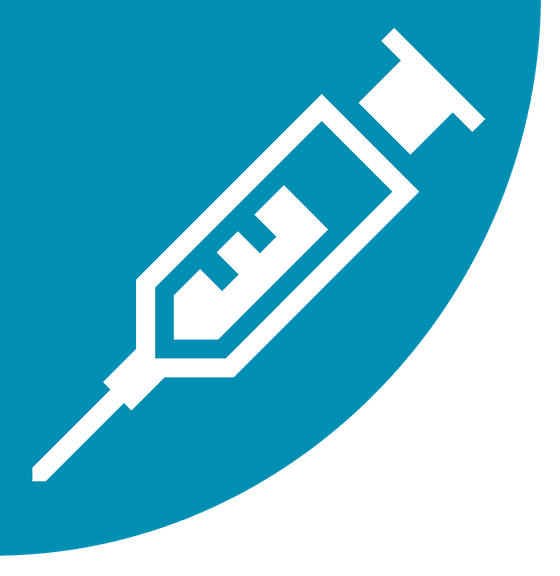NEWSWATCH
HEALTHCARE

Survey Reveals Deficiencies in Handling of Antineoplastic Drugs
A NIOSH study published in the September issue of the Journal of Occupational and Environmental Hygiene (JOEH) found that healthcare employers and workers do not always follow recommended safe handling practices for compounding antineoplastic drugs. There is no safe level of exposure to cancer-causing agents such as antineoplastic drugs, and these recent findings “suggest a mindset that incidental skin contact with antineoplastic drugs is acceptable and part of the job,” according to an agency press release.
The study results are derived from the 2011 Health and Safety Practices Survey of Healthcare Workers, a federally sponsored Web-based survey of U.S. healthcare workers that addresses safety and health practices related to use of hazardous chemicals. The survey module on compounding antineoplastic drugs drew responses from 241 nurses and 183 pharmacy practitioners.
Some respondents reported not always wearing chemotherapy gloves when compounding antineoplastic drugs because “skin exposure was minimal,” they were “too uncomfortable or difficult to use,” or gloves were not provided by the employer. “Skin exposure was minimal” was also one of the most common reasons that workers reported not always wearing the recommended gown when compounding antineoplastic drugs. Other common reasons included “an engineering control was being used” and wearing protective gowns was “not part of [the] protocol.”
Eleven percent of nurses and four percent of pharmacy practitioners in the study reported skin contact with antineoplastic drugs.
Nearly 20 percent of nurses and 30 percent of pharmacy practitioners said that they had primed I.V. tubing with the drugs themselves, a practice that may cause the drug to drip from the tubing, potentially contaminating the work area.
The survey findings also indicated lack of adherence with safe practices for transferring liquid antineoplastic drugs. Forty-five percent of nurses and thirty-two percent of pharmacy practitioners responded that they did not use engineering controls such as a closed-system drug transfer device, a needleless system, or a glove box when transferring drugs to dosing equipment.
In response to a question about practices related to priming I.V. tubing for antineoplastic drugs, two-thirds of nurses and nearly a quarter of pharmacy practitioners indicated that they did not always prime inside a ventilated cabinet. In addition, nearly 20 percent of nurses and 30 percent of pharmacy practitioners said that they had primed tubing with the drugs themselves, a practice that may cause the drug to drip from the tubing, potentially contaminating the work area. A recommended administrative control is to prime tubing with a non-drug-containing liquid.
NIOSH urges employers to ensure that workers who handle these drugs are initially and periodically trained and that they know how to use engineering controls and personal protective equipment. Employers should also ensure that safe-handling procedures reflecting national guidelines are in place, along with medical surveillance, exposure monitoring, and other administrative controls. For more information, read NIOSH’s press release.
AIHA members can access the full text of the JOEH article “Adherence to Precautionary Guidelines for Compounding Antineoplastic Drugs: A Survey of Nurses and Pharmacy Practitioners” by logging in to the AIHA Member Center and following the link to the journal site under “Resources.”
thesynergist | TOC | NEWSWATCH | DEPARTMENTS | COMMUNITY

